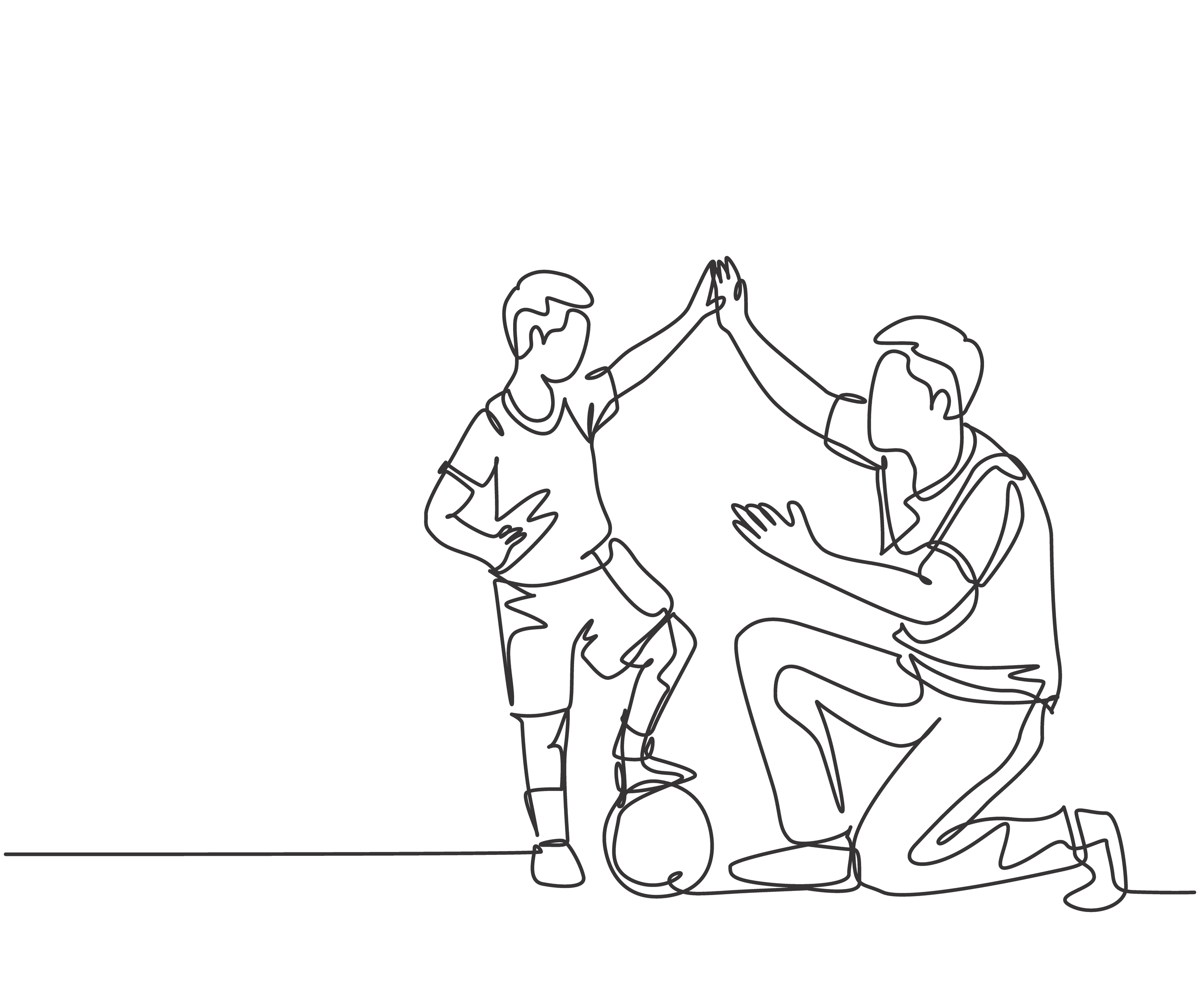Orthopedic, Mobility, & Post-Surgical Rehab Resource Center
Understand, Manage, and Recover from Orthopedic Conditions and Surgery with Expert Rehab Support
- Knee Surgery & ACL Rehab: Find Therapy After Knee Replacement
- Post-Shoulder Surgery Rehab: Rotator Cuff & Labral Repair Recovery
- Post-Hip Replacement Rehab: Recovery & Therapy
- Back Surgery Rehab & Recovery Therapy | Expert Rehab Plans
- Frozen Shoulder Adhesive Capsulitis Rehab
- Tendonitis Rehab & Treatment | Achilles, Patellar & Rotator Cuff Tendonitis Therapy
- Low Back Pain Rehab & Therapy | Expert Treatment & Recovery
- Sciatica Pain Relief & Rehab Therapy | Find Trusted Sciatica Specialists
- Neck Pain: Causes, Treatment & Therapists Near You
- Chronic Pain & Fibromyalgia: Causes, Relief & Therapy
- Torticollis in Babies & Adults: Causes, Symptoms & Therapy
- Toe Walking in Children: Causes, Therapy Options & When to Worry
- Scoliosis in Children and Teens: Symptoms, Treatment & Therapy Support
1 of 7 / Overview
What is the Orthopedic, Mobility, and Post-Surgical Rehab Resource Center?
This resource center is a comprehensive guide to conditions, surgeries, and therapies affecting bones, joints, muscles, and mobility. It provides expert insights and therapy options for recovery from injuries and surgical procedures.
Who is this resource center for?
It’s designed for individuals recovering from orthopedic surgery, those managing chronic mobility conditions, and caregivers supporting loved ones with musculoskeletal or neurological challenges.
What kind of topics are covered here?
Topics include post-operative rehab (e.g., knee, shoulder, hip), chronic conditions (e.g., fibromyalgia, tendonitis), pediatric issues (e.g., toe walking, scoliosis), and mobility-limiting disorders.
How do I use this resource center effectively?
Navigate through our diagnosis-specific pages to explore symptoms, causes, testing methods, and treatment options. Use the information to ask informed questions during your healthcare visits.

2 of 7 / Signs & Symptoms

What are common symptoms of orthopedic or mobility-related conditions?
Common symptoms include joint pain, stiffness, swelling, muscle weakness, balance issues, limited range of motion, and difficulty walking or performing daily tasks.
When should I seek medical help for my symptoms?
Seek help if pain or reduced mobility interferes with daily life, worsens over time, or doesn’t improve with rest and basic care. Sudden or severe symptoms should be evaluated promptly.
Are symptoms different in children versus adults?
Yes. For example, children may show signs like toe walking or scoliosis that may be subtle but important. Adults may experience chronic pain or stiffness that progresses with age or injury.
Can symptoms vary after surgery compared to a chronic condition?
Yes. Post-surgical symptoms are often temporary and related to healing, while chronic conditions may have persistent or recurring symptoms requiring long-term management.
3 of 7 / Causes & Risks
What causes orthopedic and mobility conditions?
Causes range from injuries, surgeries, and aging to congenital issues, overuse, poor posture, and chronic inflammation. Some conditions are idiopathic (no known cause).
Are there risk factors I should be aware of?
Risk factors include age, obesity, repetitive motion, poor biomechanics, past injuries, sedentary lifestyle, and genetic predisposition to musculoskeletal conditions.
Can surgery itself cause new mobility issues?
Yes, post-surgical complications like scar tissue, nerve damage, or muscle deconditioning can cause temporary or, rarely, lasting mobility issues without proper rehab.
How do lifestyle factors play a role?
Diet, exercise habits, posture, and ergonomics significantly impact joint and muscle health. Smoking and unmanaged diabetes also increase risk of complications and delayed healing.

4 of 7 / Diagnosis & tests

How are orthopedic or mobility conditions diagnosed?
Diagnosis typically involves physical exams, medical history, imaging (X-rays, MRI), and sometimes lab tests to assess inflammation or infection.
Do I need a specialist to get diagnosed?
While a primary care provider can evaluate initial symptoms, specialists like orthopedic surgeons, neurologists, or physical therapists are often needed for detailed diagnosis and treatment planning.
What tests help diagnose post-surgical complications?
Imaging (like MRI or ultrasound), range-of-motion assessments, and nerve conduction tests can help identify complications such as scar tissue, inflammation, or nerve damage.
Is testing different for children?
Yes. Pediatric evaluation often includes growth monitoring, developmental assessments, and child-specific imaging or mobility evaluations suited to age and development stage.
5 of 7 / Care & treatment
What are common rehab options for orthopedic and post-surgical patients?
Treatment includes physical therapy, occupational therapy, pain management, mobility aids, and sometimes further interventions like injections or revision surgery.
How long does rehab usually take?
Recovery time varies widely—weeks for mild conditions, months for surgeries like joint replacements. A personalized plan ensures optimal pace and outcomes.
Can therapy fully restore mobility and function?
Many people regain full or near-full function with consistent rehab. Outcomes depend on the condition’s severity, patient adherence, and overall health.
Are home-based therapies effective?
Yes, home exercises prescribed by a licensed therapist can be very effective, especially when combined with periodic in-clinic visits and virtual support.

6 of 7 / Living With

How can I manage daily life with limited mobility?
Use assistive devices, adapt your home environment, and work with occupational therapists to develop practical strategies for independence and comfort.
What role does mental health play in recovery?
Chronic pain or limited function can affect mood and motivation. Support groups, therapy, and stress management are key to holistic recovery.
Are there activities I should avoid or modify?
High-impact or repetitive activities may need to be limited, especially after surgery. A rehab specialist can guide you on safe movement patterns and modified activities.
Can I return to work or sports after surgery or chronic conditions?
Yes, with proper rehab and medical clearance. Your return should be gradual and tailored to your job or sport’s physical demands.
7 of 7 / related reading

Find a Therapist near you
Are you looking for a physical, occupational, or speech therapist in your area?
Look no further than the DrSensory Therapist Database and Clinic Directory!
Find a Therapist
Find the physical therapist, occupational therapist, or speech language pathologist you’re looking for!
Ask Us Anything
Whether you are looking for advice, have a general question about sensory processing, or looking for resources.
Submit Your Story
Share your story about your child. Let’s celebrate milestones and learn more about challenges.






















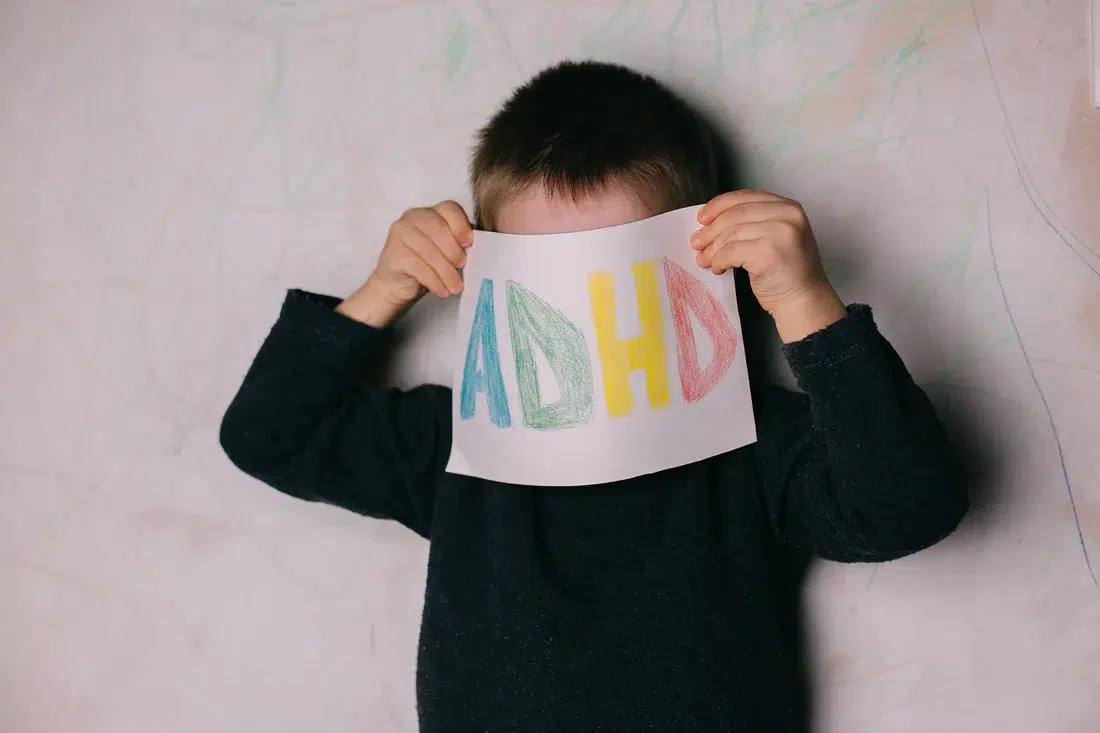




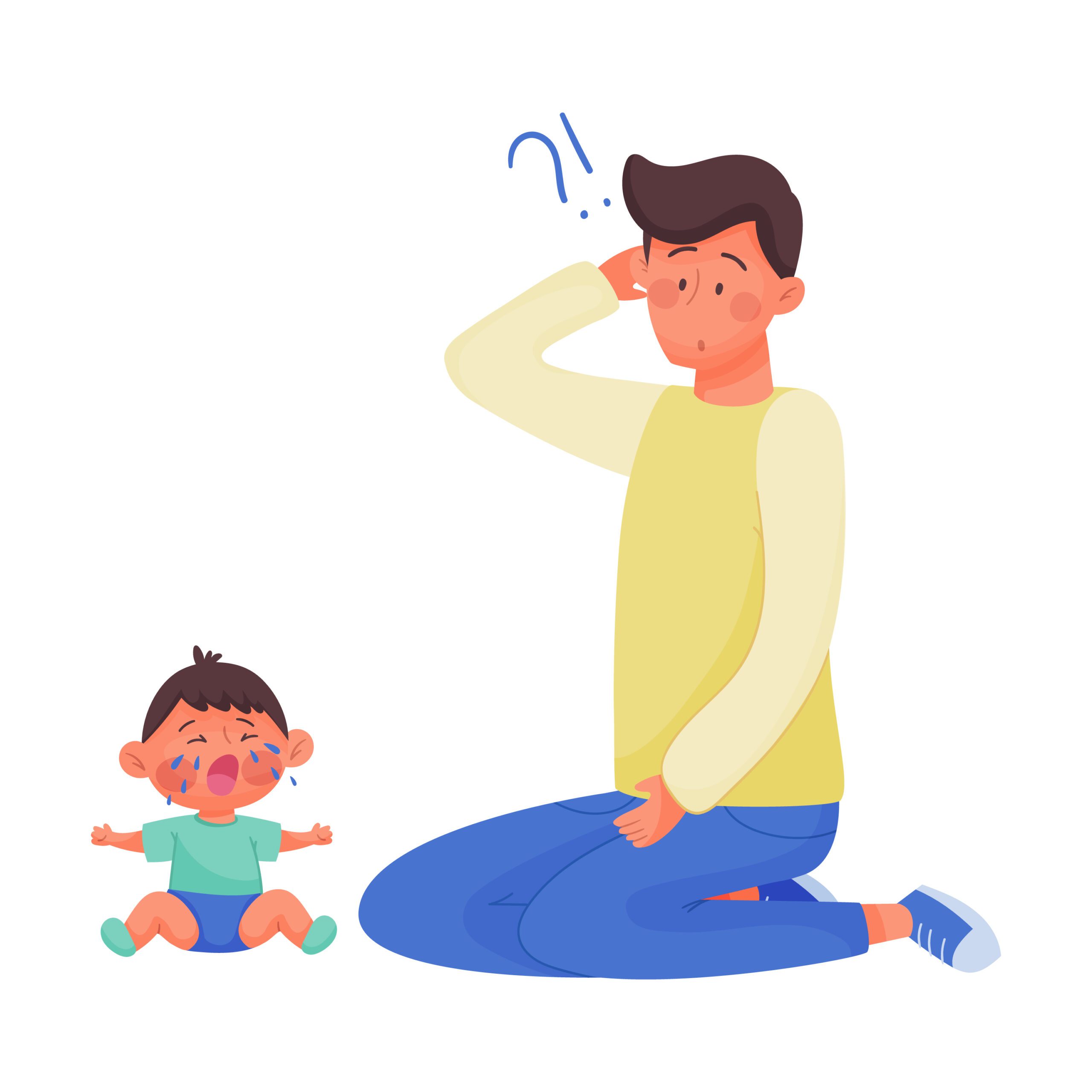
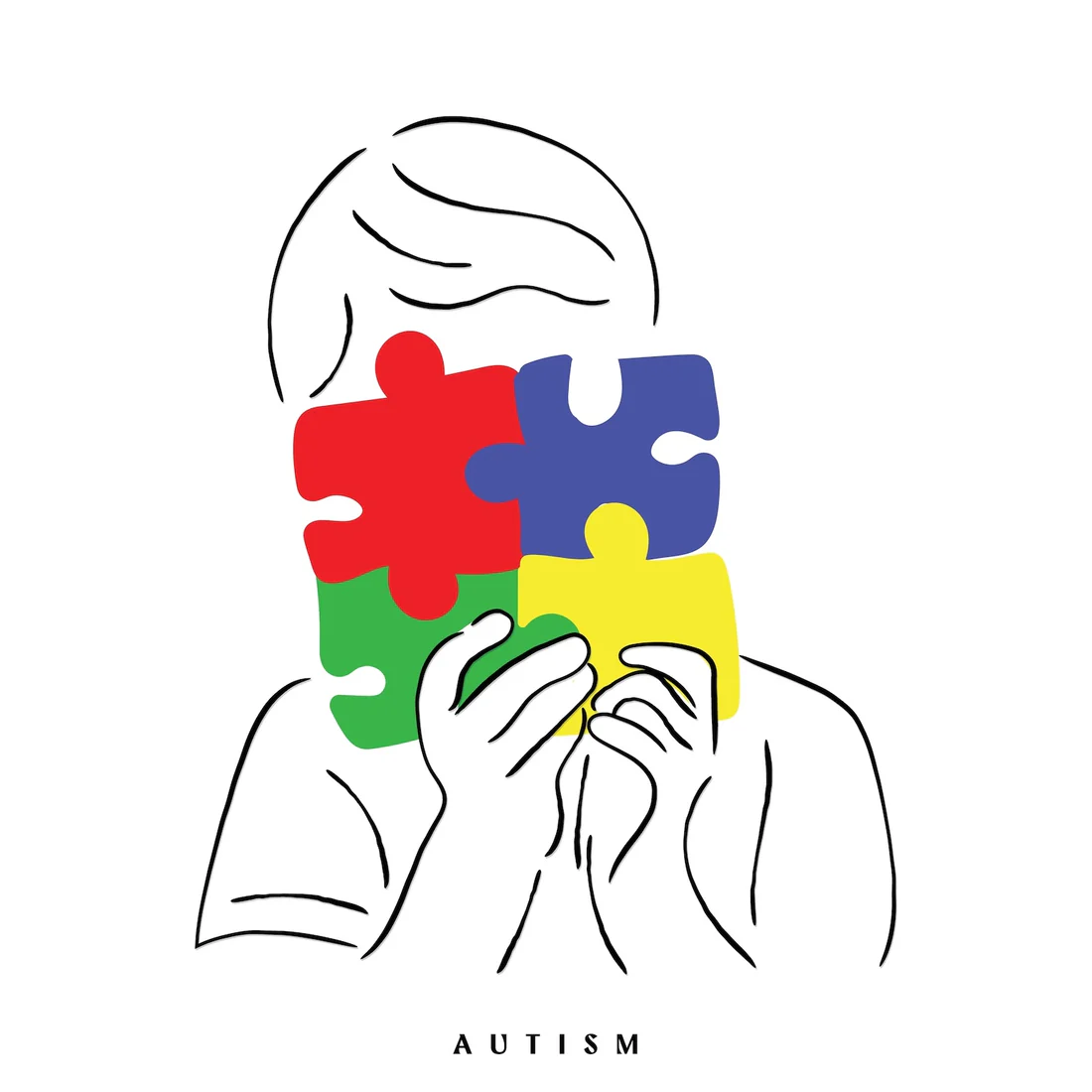
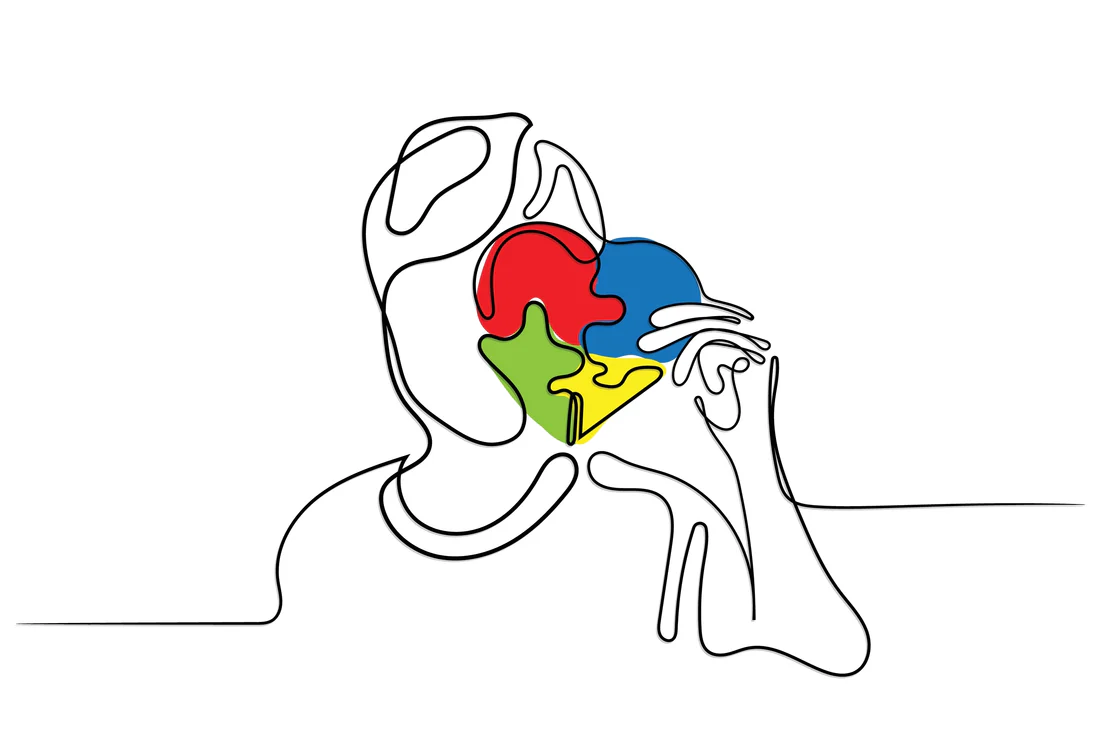










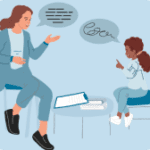 Speech Therapy
Speech Therapy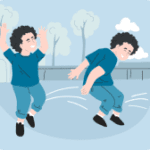 Physical Therapy
Physical Therapy Occupational Therapy
Occupational Therapy




